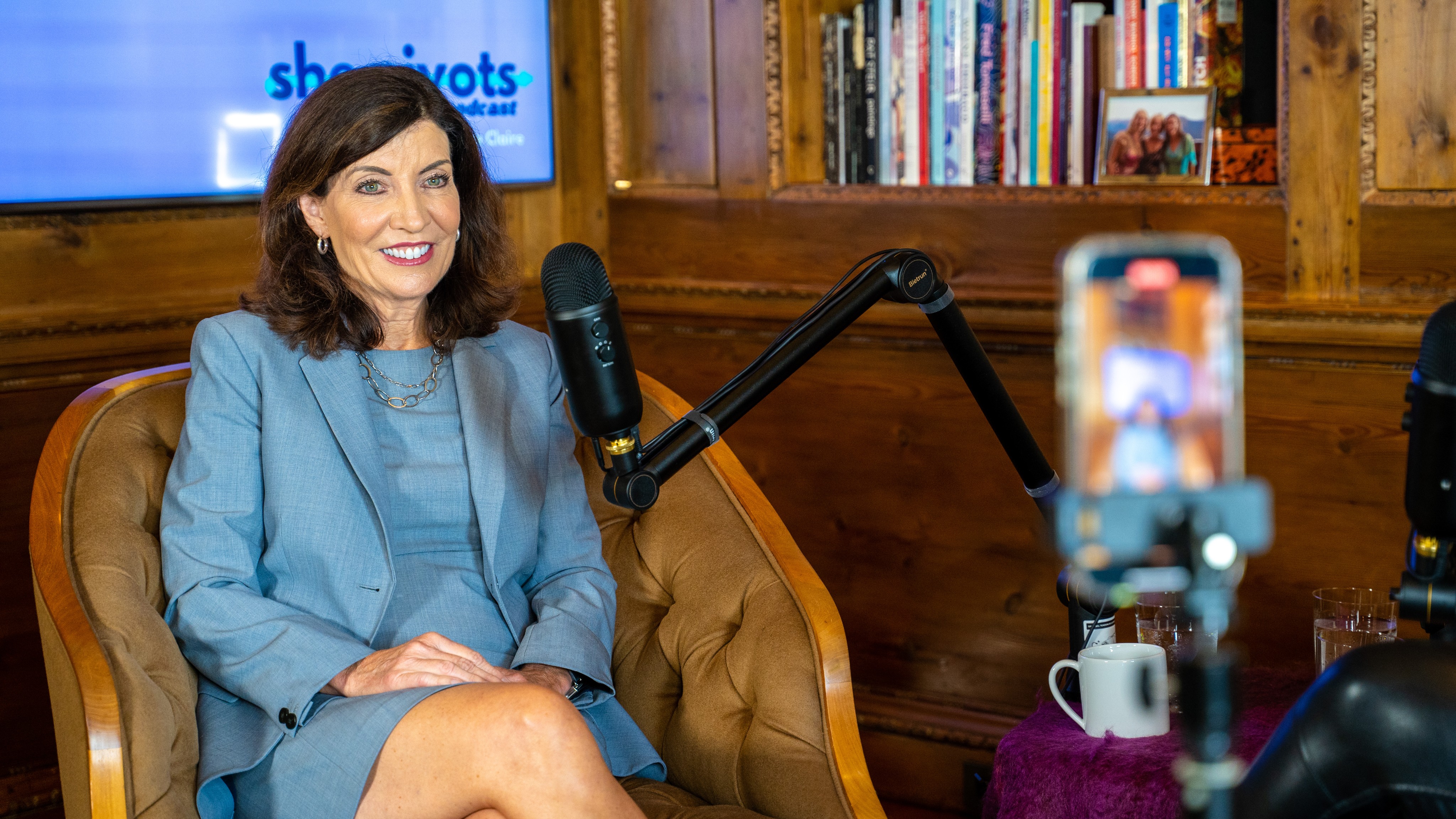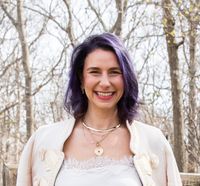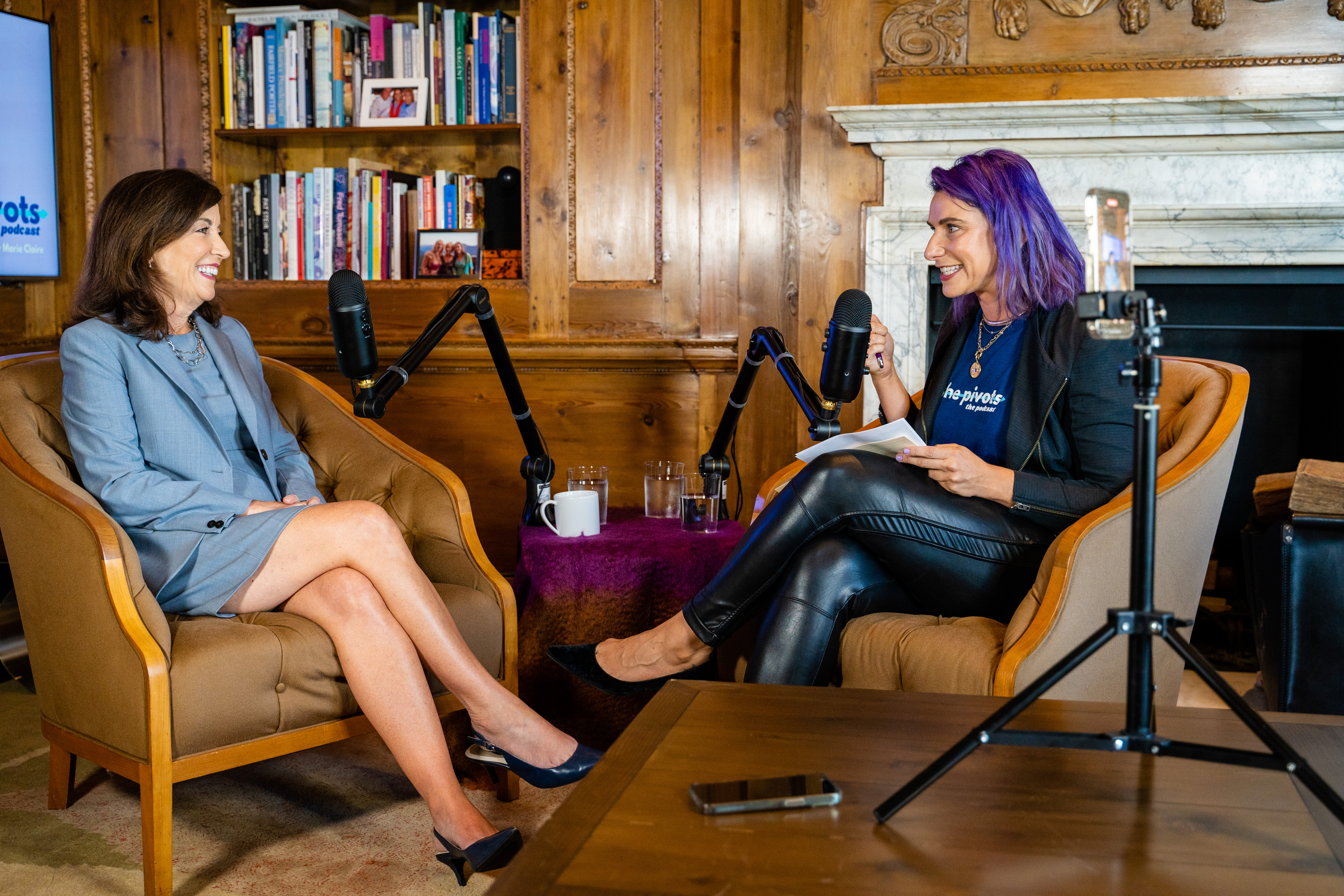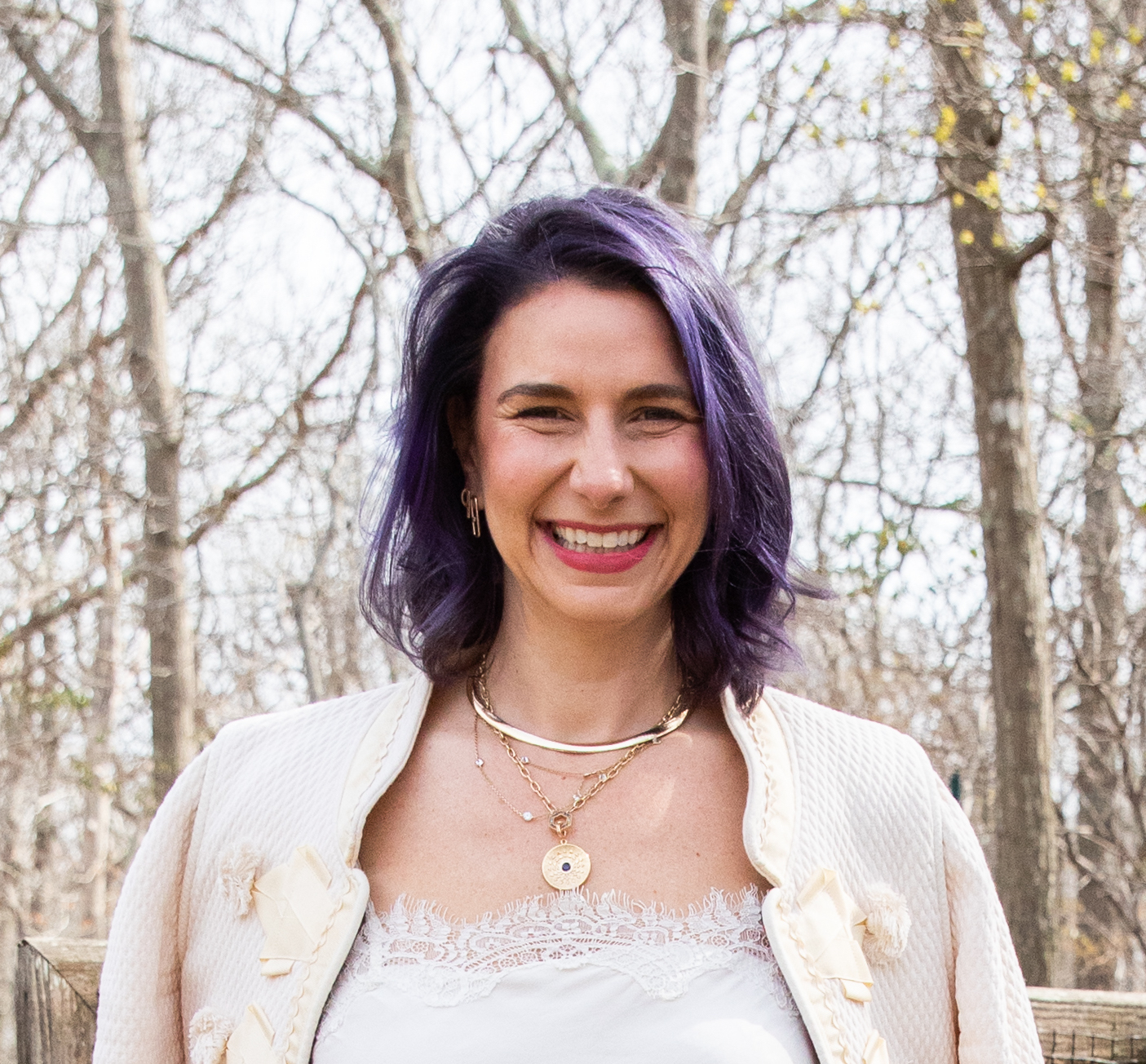How New York's First Female Governor Plans to Fight for Women If Reelected
Abortion rights, child care, and paid family leave are on Kathy Hochul's priority list.


A year ago, the state of New York swore in their first female governor, Kathy Hochul. A life-long New Yorker, Hochul was previously Lieutenant Governor and assumed the highest office in the state after Andrew Cuomo resigned amidst sexual misconduct allegations.
It was not the first time she rose to power following a male colleague's sexual scandal. In 2011, she became the first Democratic Congresswoman of her district in 40 years after the sitting Congressman resigned, again, following sexual harassment allegations.
Her pivots have often been prompted by someone else’s actions (or mis-actions), but nevertheless, she has stepped into her role with grace and boldness and is ready and hopeful to be reelected this November.
Below, Governor Hochul, 64, talks candidly about her experience as a woman in politics, being elected on the heels of two sexual harassment scandals, and how she plans to fight for women if New Yorkers choose her for a full term.
Emily Tisch Sussman: You're the first female governor of New York. Did you think you were going to be the governor when you were little?
Governor Kathy Hochul: No little girl thinks they're gonna be a governor. And that's sad, and I want to change that. At age 13, I got involved in the political process and I volunteered on races as a young teenager. I was never gonna even run for office. I was gonna be the brains and the strategist behind all the male candidates who I worked for. So no, girls didn't dream like that back then. And I'm hoping that my position says those days are over. This can be you.
ETS: What was the moment when you decided, okay, enough of the background, I'm ready to run myself?
Get exclusive access to fashion and beauty trends, hot-off-the-press celebrity news, and more.
KH: We moved back from Washington, where my children were born, because I wanted them raised around family, and I got involved immediately in the local political party. I used to go to all the town board meetings and I would always be raising my hand or bringing petitions to fight for something to stop this big project from coming, or something that would hurt the quality of life. I had better attendance than half the council members, I'm sure.
Then an opening came up and on the board and a 22-year-old young man, right out of college, living at home with his parents decided he's going to step up and run. But I thought, I'm 35. I'm an attorney. I was counsel to a senator in the capitol. I worked at a big law firm. I helped start a small business. I've raised children. Maybe I've got what it takes to run. So we both ran as Democrats. We beat the Republicans and both served together for 14 years on the same town board. I knocked on all the doors when I had preschoolers. It was not easy, especially when your little 3- or 4-year-old has to go the bathroom and you have to knock on a stranger's door to ask to use the bathroom.
And the moral of the story is: Your job is to raise not children, but to raise adults. So it's about the lessons that you're teaching them by showing them you have the guts to run and you'll take on issues and you're a fighter. My daughter has grit, and she is a fighter. Nobody will mess with her. And I'm proud of that. That's the daughter I want to raise and, if I had not shown her that I was willing to take risks and run for office, she might have been a different person. So you're leaving lessons to your children in everything you do.
I never questioned my ability to do the job for one second. And that's not arrogance, that's just lived experiences.
Gov. Kathy Hochul
ETS: When I started working, there was a sense that women could only run for office if it was their second career. Did you wait until your kids were a little bit older to run for higher office?
KH: I didn’t wait. I served all those years because those were the opportunities in front of me. I also worked full-time. I helped my sister start a tech business in another state and I had to take the bar exam [there] to be her counsel. So I was taking the bar, running kids around to all their classes, working full-time, and [serving as] a board member at night. So I was plenty busy with those experiences.
Nothing held me back other than me saying this is where I want to make a difference. Then I had the opportunity to go for a county-wide or borough-wide position. Then the gutsiest thing I've done was to leave the security of that job or to run for a county executive position—which the polls showed I could win—and be the first woman county executive in the Buffalo area (Erie County), but right then, when I was being asked to entertain that, the opening for the congressional seat [came] up in the most Republican district in the state. I had to make the decision: Do I stay with the safe seat and be a county executive? Or do I go for go for everything?
My daughter, who was 21 at the time, said, "Mom, Congress, you have to run for Congress."
ETS: I was working in Congress when you were elected in that special election. I remember it was a big deal when the former congressman resigned due to a sexual harassment scandal. Two times in your political career, opportunities have opened up because of something that was outside of your control; and two times it was the result of men resigning due to sexual harassment allegations. How do you think about taking leadership in both of those instances?
KH: It's down to that element of confidence. I knew I could handle it. I knew I could handle being a member of Congress, because I [had been] a staffer. I had worked as a counsel to Senator Moynihan and I knew the policy. I know the district I knew the needs of the people. By the time we get to a certain point, we know we have what it takes. The question is: Can you use that power?
You have to have confidence in yourself. And confidence isn't hard to arrive at; it's a mental decision. Do you walk into a room like you own it? Or are you gonna kind of slink along the walls and wait for somebody to invite you in? You just have to walk in every room like it's yours. Women are always more qualified. I think there's even a poll that was out recently that said, “Do you think Governor Kathy Hochul is held to a higher standard as a woman?” And over 50–60 percent said “yes.” That's the reality for most women, but women can be their best ally. If they just change their mindset about what they have to offer. They're probably better than the guys they are going up against and they deserve to be paid more.
I had been lieutenant governor for eight solid years. I knew every corner of the state. I knew the people of the state. I knew the concerns they had about the diversity of upstate, downstate. So I walked in thinking, Somebody will have to do this job, and there's no one in the state more qualified than I am. So it should be me. And that's something that a lot of women probably would have trouble accepting. I just walked in saying, "Good. We've got this." I had to clean up the culture, and restore faith in this state again because it's been shattered. I hired almost an entirely female senior leadership team. I have the smartest people in the entire state of New York. I never questioned my ability to do the job for one second. And that's not arrogance, that's just lived experiences.

Behind the scenes of the recording of this interview for Emily Tisch Sussman's podcast 'Your Political Playlist.'
ETS: As women, it feels like every piece of the system has failed us over the last couple of years. How are you taking substantive action to help young women and young parents who feel like they've been left behind?
KH: I was able to combine federal and state money to now have a $7 billion investment in childcare. Half of the children in the state of New York are eligible for subsidized child care. That's extraordinary. I raised the income limits. I raised the per child contribution. I funded hundreds and hundreds more—almost 900 new facilities that have now been providing child care because they collapsed during the pandemic.
When I first had a baby 35 years ago, working for Senator Moynihan, I had no child care and we had to stay up, we pulled all-nighters. You brought your clothes, you brushed your teeth in the bathroom, you worked around the clock because it was an intense tense time on Capitol Hill. And doing that with the new baby didn't work. I had to give up a job I loved because I didn't have child care. Now, a generation later, my daughter and my son, they can go back to work because their companies offer paid leave. And we do that in New York.
I look constantly at how I can relieve the burden on working moms and particularly for single parents and the Black and Brown communities that were hardest hit during the pandemic. So you mentioned all these stresses that young families are under. I lived it a long time ago. So to me, this is deeply personal. I’m the first mom and the first grandma Governor. I feel tremendous responsibility to the women of our state to fight for them, whether it's on reproductive care, abortion rights, child care, or paid family leave equality in the workforce.
ETS: How have you dealt with the Dobbs decision to repeal Roe v. Wade?
KH: When we first learned of the leaked [Supreme Court] memo, I allocated $35 million right off the bat to go to bolster up our providers. I knew that people would be coming to New York as a safe haven. Particularly in Western New York, where I'm from, it's only three hours from Ohio. You wouldn't believe the number of people that are coming there because they're denied these services in their home states. It is heartbreaking,
So we took a lot of steps and also realized for many years, people just took for granted this right in the state of New York. A different governor who's hostile to those rights would have enormous power.
This interview has been edited and condensed for clarity. Listen to Emily’s full conversation with Governor Hochul on Your Political Playlist.

Emily Tisch Sussman is the Founder and Host of “She Pivots,” the podcast in partnership with Marie Claire about women, their stories, and how their pivot became their success. She is a contributing editor to Maire Claire and the guest host of the Marie Claire Instagram Live series “Getting Down to Business.”